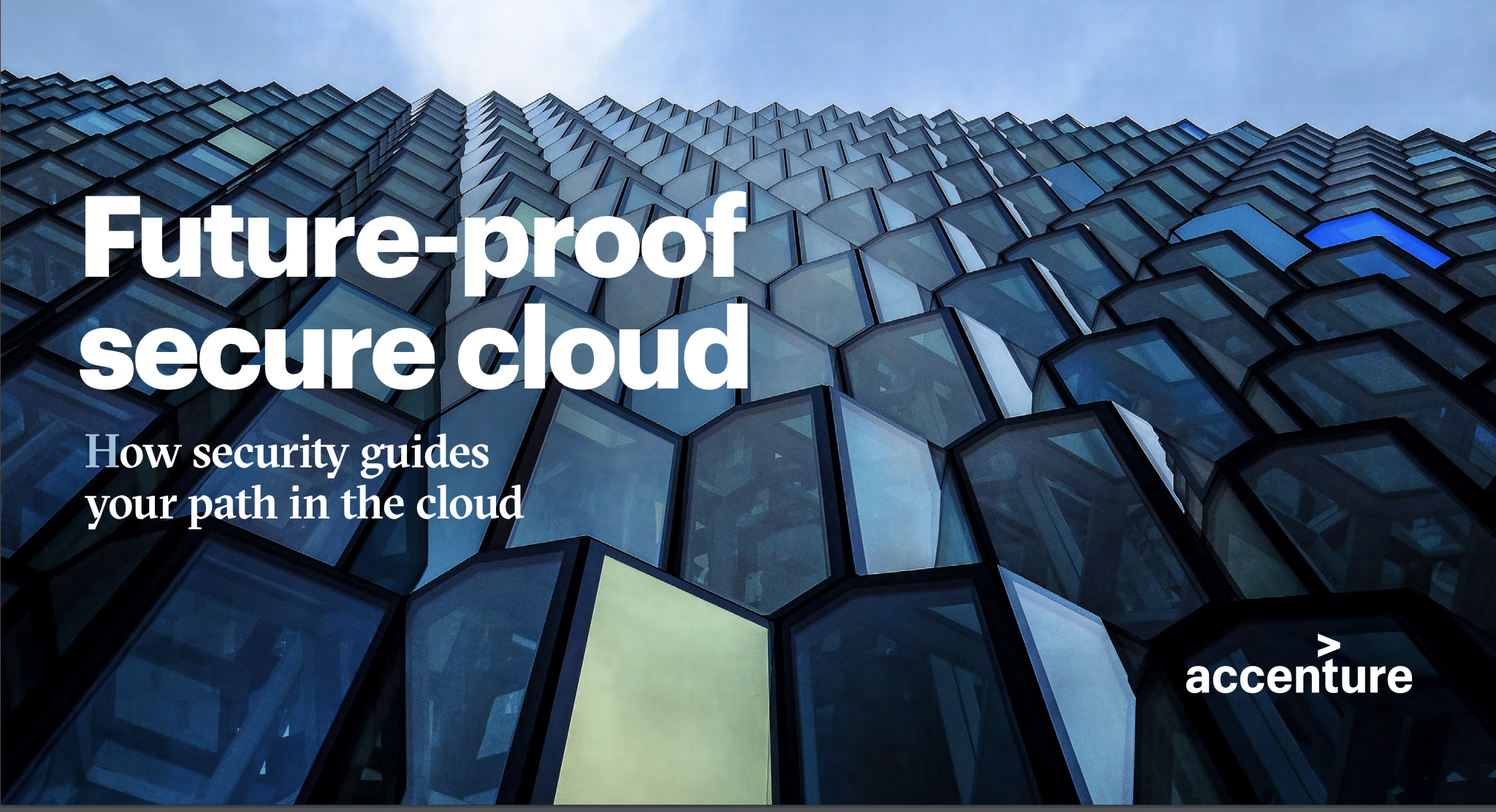Multi-Cloud vs. Hybrid Cloud: Which Strategy Is Right for Your Organization?
Examining the Pros and Cons of Multi-Cloud and Hybrid Cloud Computing
Key takeaways:
- Most businesses today operate more than one cloud platform, either in a multi-cloud or hybrid cloud configuration
- Choosing a hybrid cloud or multi-cloud strategy depends on the needs and project requirements of an organization, as both methods have their unique benefits and constraints
- No matter which strategy a business selects, a comprehensive cloud management platform is essential for right-sizing resources, managing costs, and ensuring security across cloud environments
Whether you’re considering a cloud migration or you’re already there, you might wonder if one cloud platform is enough for your organization. Today, more businesses and agencies are adopting multiple computing environments to store, access, and manage their data. There are several different configurations you can choose when creating a cross-platform solution. Public cloud platforms can interconnect with one another in a multi-cloud strategy. You can also combine public cloud with private cloud or on-premise servers in a hybrid cloud setup.
How do you know whether a multi-cloud or hybrid cloud architecture is right for your organization? Here’s everything you need to know in the multi-cloud vs. hybrid cloud debate.
Types of cloud environments
First, let’s talk about some basic cloud computing terms. There are two types of cloud platforms: public and private.
Public cloud platforms are available publicly, offering data services to customers across industries and locations. The most popular public cloud providers include Amazon Web Services (AWS), Microsoft Azure, and Google Cloud. Public cloud generally costs less for organizations to operate when compared with on-premise solutions and can provide greater scalability at a moment’s notice.
Private cloud platforms are privately owned and operated by one organization only. Private clouds are often found on-premise, run by businesses and government agencies that choose to have their own cloud services. They may architect this platform themselves or use a managed private cloud from a third-party vendor. While some private clouds are located on-premise, others can also be found in vendor-owned data centers and located offsite to help businesses lower their data center costs.
Businesses have many reasons for selecting public cloud, private cloud, or a blend of the two. Public cloud platforms like AWS, Azure, and Google are providing their users with additional capabilities, such as machine learning, to help them not only store but analyze their data.
In many cases, an organization may choose one cloud environment over another because of security and compliance regulations. Some business leaders believe that a private cloud is “safer” than a public cloud environment. However, data breaches and other security vulnerabilities most frequently stem from misconfigurations on the part of the end user, not the public cloud provider itself.
Multi-cloud vs. hybrid cloud
Today, businesses have more diverse requirements for the security, compliance, and management of their data. Cloud technology is evolving to make interconnectivity between platforms easier for these organizations.
The integration of cloud platforms with one another can fall into two categories: multi-cloud and hybrid cloud.
Multi-cloud
While it’s possible for a business to use a single cloud platform, they may need to split workloads among cloud services for added capabilities. This strategy, known as multi-cloud, refers to the use of two or more public (or sometimes private) cloud platforms. Where a hybrid cloud strategy will use different types of cloud services, usually a mix of public and private, a multi-cloud strategy must use two or more of the same type of cloud platform.








